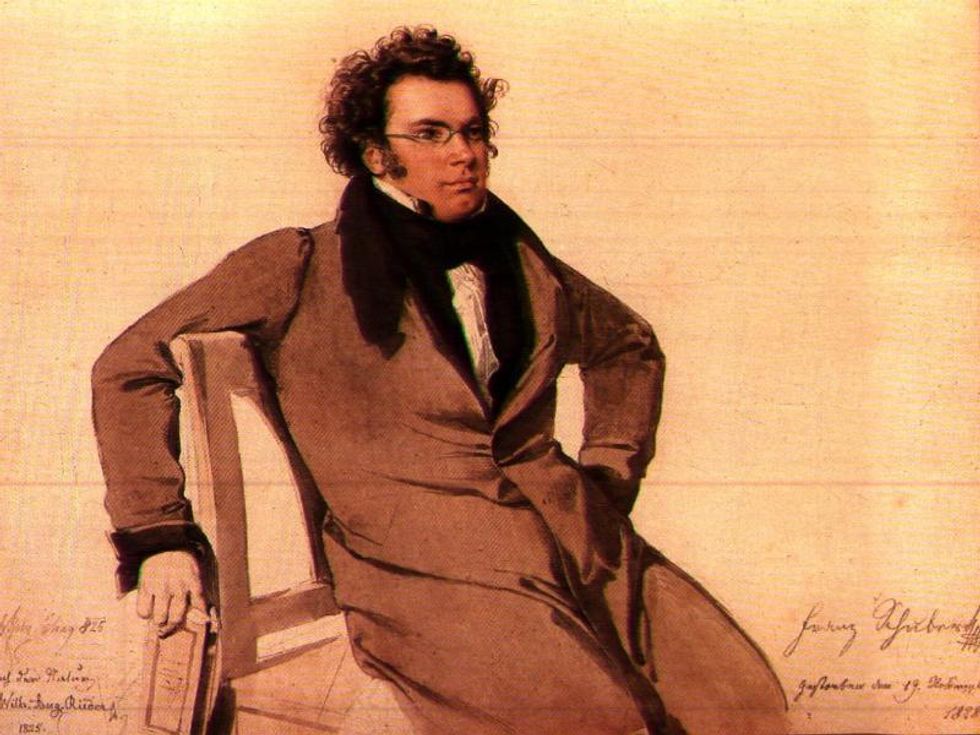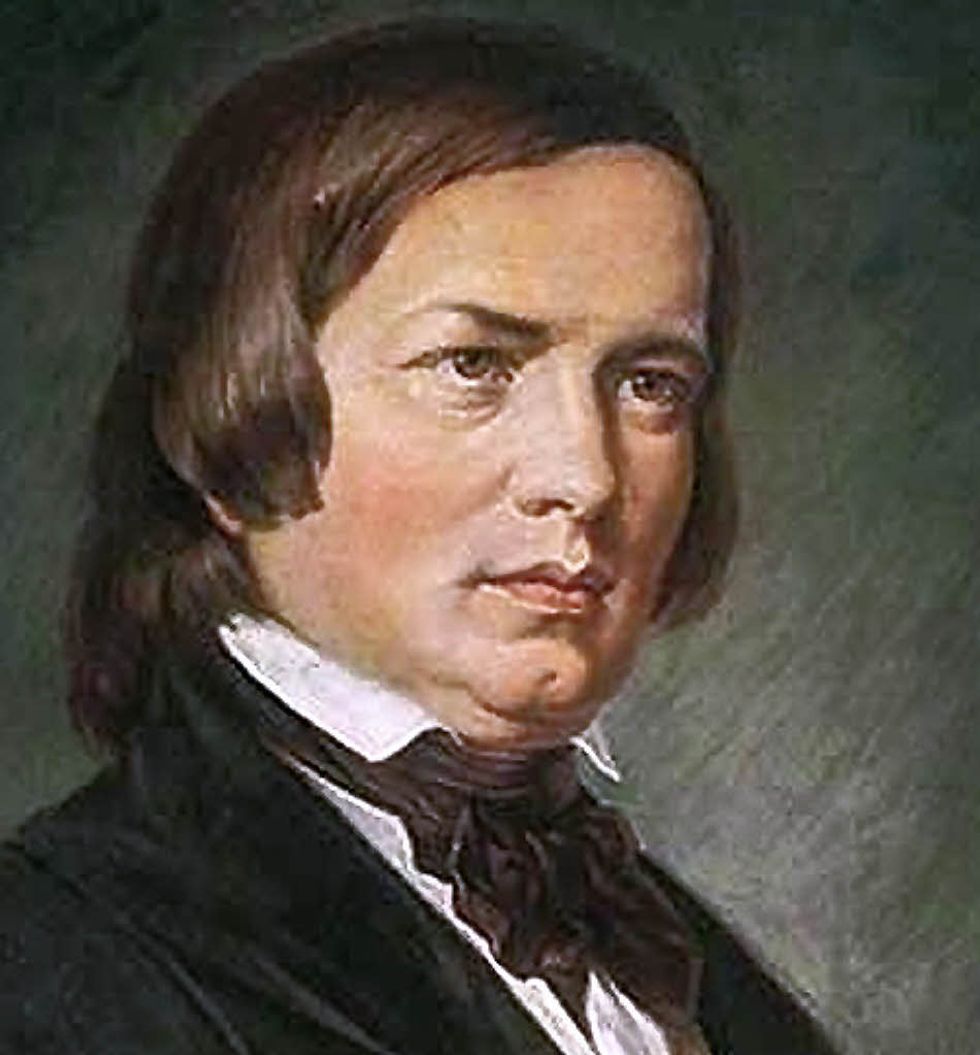The Romantic period was the time for musicians and composers to venture into the state of total vulnerability for the sake of music. The music was intense, sweet, dramatic, and loving, bringing out many different emotions to the hearts of the listeners, musicians, and the composers. The unique qualities of the Romantic era were formed and enhanced due to composers such as Franz Schubert, Robert Schumann, and Felix Mendelssohn, who brought the beauty and melancholy music has to offer to the world.
Franz Schubert, born in 1797, followed under his father’s profession, becoming a school teacher for three years before he devoted himself entirely to music. By the time he was eighteen-years-old, he composed 144 lieders, better known as songs.
He earned himself a great reputation in Vienna for being a kind hearted and humble man, but he was also known for not being quite attractive. He never married and was considered a schwammerl (“mushroom” or “fatso”). It was also rumored that he was a homosexual, but there is a still a debate lingering around the topic. He could’ve also been suffering from bipolar disorder, which could have been the cause of his music being split between simple and sweet and dramatic and filled with melancholy.
He passed away in 1823 at the age of 31 from syphilis, making him the youngest to pass in their prime compared to Mozart who died in 1791 at the age of 35.
Robert Schuman was born in 1810 and composed each genre one at a time. His piano works was made up until 1840 when he could no longer perform as a concert pianist do to injuring his right hand from a finger-strengthening device. In that same year, he became engaged and married; he composed songs to show his passion and frustration of love. In 1841 he began composing for symphonies, chamber music in 1842 to 1843, and dramatic music in 1847 to 1848. When he was diagnosed with depression in 1853, he did not compose as frequently as he did before.
Always having an interest in fine literature because of his father was a writer and book dealer, he turned to composition and criticism. He founded and edited a magazine in Leipzig titled Neue Zeitschrift für Musik (New Journal of Music) from 1834 to 1844. He spoke on many topics including his opposing views on empty virtuosity, urged the study of older music, and was among the first to praise Berlioz’s Symphonie fantastique, to advocate the music of Chopin and Brahms when they were still virtually unknown, and to champion the instrumental music of Schubert.
He traveled with his wife, Clara Schumann, performing concerts with him conducting and his wife playing the piano. It was short lived when he became mentally unstable to continue by 1853. He lived the rest of his life in deep depression and melancholy, suffering hallucinations that lead to his attempt of suicide in 1854. He spent the remainder of his 2 years in a mental institution and his family was not permitted to visit.
Felix Mendelssohn was born in 1809 and was known for incorporating the style of Classicism to Romanticism. He gave a more sonata and concerto form in his works showing the influence of Mozart and Beethoven, and he also gave counterpoint and fugue style showing Bach and Handel as his inspirations. He exemplified Romantic qualities through his pictorial depictions in his pieces using colorful orchestration.
Growing up under Jewish influence his father, Moses Mendelssohn, was a Jewish philosopher of the Enlightenment of Germany. Even though Jews were slowly gaining their legal rights they added to their surnames Bartholdy when they converted to Protestantism. Coming from money, Felix and his sister Fanny received the best musical instruction with their music supporting them on their musical journey.
His father topped off his education by sending him on a Grand Tour of Europe, that introduced him to a larger musical world. He founded the Leipzig Conservatory in 1843 where Robert and Clara Schumann were amongst the faculty. He passed in 1847 at the age of 38 after suffering a series of strokes.





















